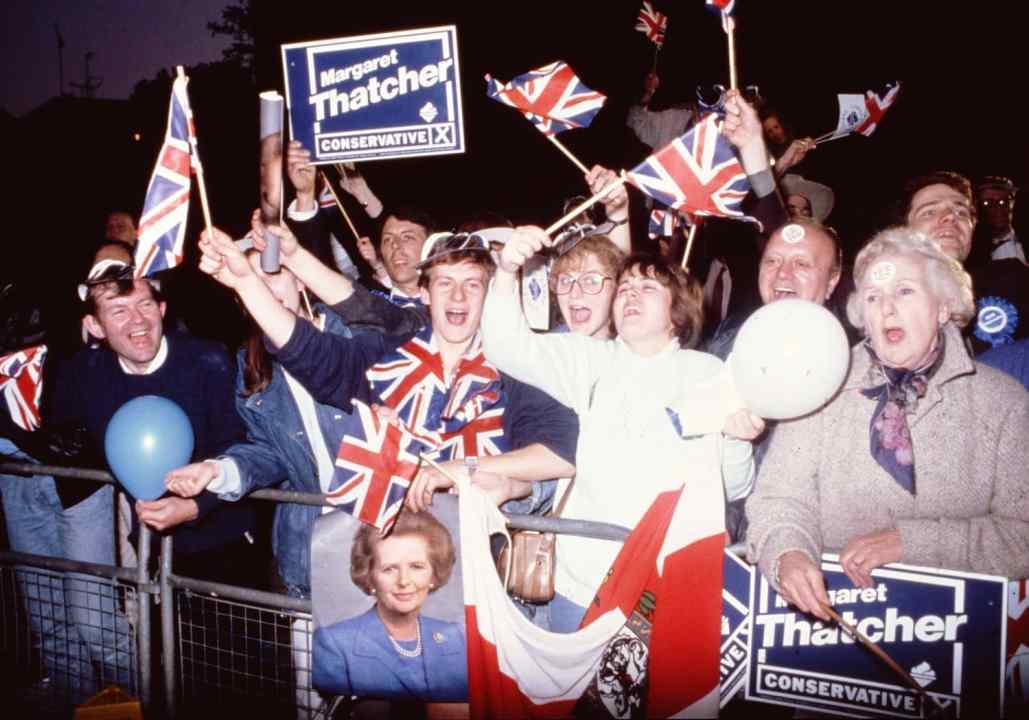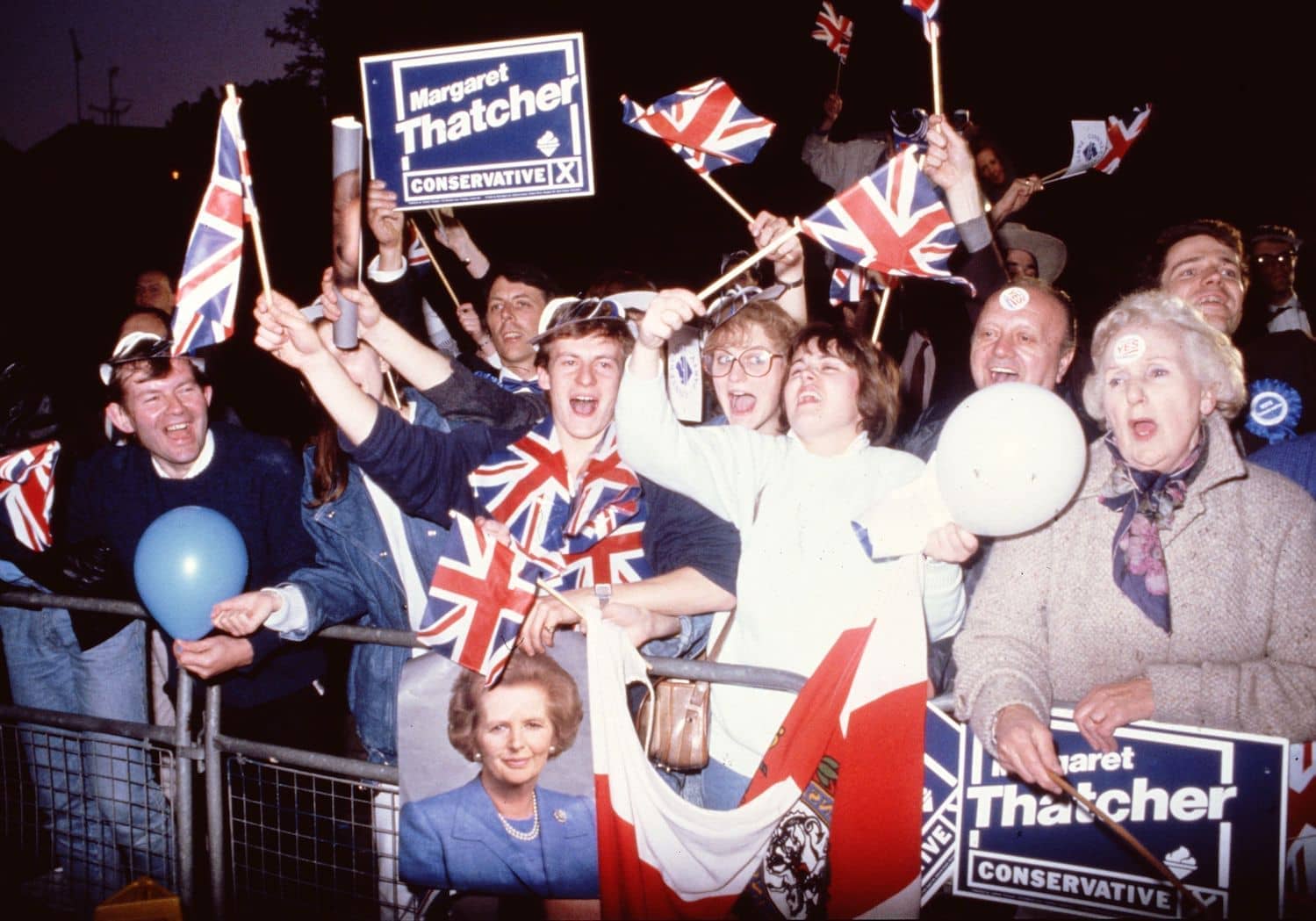As the Tory party leadership race enters its next stage this weekend, one thing is becoming very clear: the two candidates that MPs will select for party members to vote on may not be the people that, if it was up to them, the grassroots members would pick themselves.
The yawning gulf between Westminster and Tory foot soldiers is nothing new. Ever since her cabinet overthrew Margaret Thatcher, and still more so since David Cameron imposed his A list of diverse and celebrity candidates on local associations – many of them not even nominal conservatives – the gap between central office and ordinary Tories has grown ever wider.
Take the great Brexit debate, the most divisive issue to rend the party (and nation) in recent years. Surveys show that some 75 per cent of the estimated 200,000 Tory party members backed Brexit, against roughly 25 per cent who are or were Remainers. Yet among MPs, 56 per cent of Tories campaigned against Brexit at the referendum.
The Westminster Tories are much more socially liberal, and more concerned with modish causes such as climate change activism, identity politics and trans issues
The Conservative party is out of kilter. The Westminster Tories are much more socially liberal, and more concerned with modish causes such as climate change activism, identity politics and trans issues than Conservatives in the country. In fact, on social issues, Tory MPs are closer to Labour voters than their own Conservative members.
Early polling suggests that Mordaunt is popular among the members. But that popularity is almost certainly very shallow. Only one in five Brits know who Mordaunt is, compared to three in five for Sunak. Even party members will be relatively unaware of the finer points of Mordaunt’s views (she decries programmes like Dad’s Army, saying that It Ain’t Half Hot Mum is ‘a full-house bingo card of… casual racism, homophobia, white privilege, colonialism, transphobia, bullying, misogyny and sexual harassment.’)
So if, as looks likely, Rishi Sunak is the latest establishment candidate anointed at Westminster to face a candidate like Penny Mordaunt in the final members’ ballot, this choice will probably not truly reflect the preferences of the Tory faithful in the sticks. We know that candidates like Kemi Badenoch or the now-eliminated Suella Braverman represent a politics that is far closer to that of the party members. Both are staunch Brexiteers who have no problems defining a woman, and both are women of colour descended from immigrants who are proud rather than ashamed of being British.
David Cameron and George Osborne were obsessed with the notion that the party had to change to reflect the demographic reality of modern Britain. They assumed that such a change involved moving the party leftwards and ditching traditional Tory ideology, along with the stale, male and pale members who embodied it.
What they failed to anticipate was that there were large numbers of people of colour who rejected fashionable left-liberal ideology, who had made successes of their lives in capitalist Britain and were grateful to be citizens of a free, independent and tolerant country. As a result, the Tory government elected in 2019 had an unprecedented number of ethnic minority ministers holding the major offices of state.
Cameron and Osborne were also blind to the bedrock patriotism that still motivates the mass of Tory members. The result was the rise of Ukip and growing pressure for a referendum on the inexorable erosion of British sovereignty by an openly undemocratic European Union. To Cameron’s dismay, his party continued to ‘bang on about Europe’ until he was forced into granting the referendum. The rest, as they say, is history.
The Westminster Tores need to reconnect with the politics of the people that sent them to Westminster in the first place. That means no more non-conservatives parachuted into safe seats, genuine levelling up in the Red Wall seats of the North and Midlands, and a return to traditional Toryism: controlled immigration, enforcing the law against both criminals and violent extremists, and a low tax enterprise economy. Whoever wins the party leadership needs to pursue such a programme or they can kiss the 2024 election goodbye.







Comments